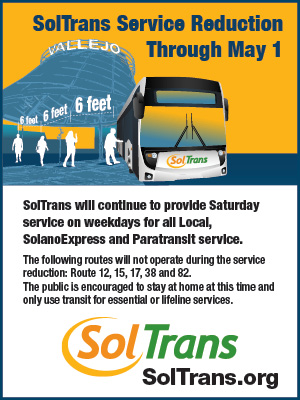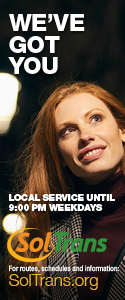
5 Things We Can All Do to Maximize the Quality of Life for Individuals with Autism Spectrum Disorder
April is National Autism Awareness Month. Autism Spectrum Disorder (ASD) is a lifelong neurological disorder that can impair communication and social interactions, and often includes repetitive behaviors and/or focused interests. This month is dedicated to increasing the inclusive practices, self-determination skills, and awareness of ASD to ensure all individuals are able to achieve the highest quality of life.
Youth, families, educators, community-based organizations, and government-supported agencies are dedicated to supporting individuals with ASD in becoming productive members of society. Specific needs change over time, however, five factors we can all do that make a difference in the lives of individuals with ASD include: 1) learning about the individual, 2) supporting parents and families, 3) understanding positive behavior supports, 4) teaching self-determination skills, and 5) providing opportunities and access to the community.
All individuals can learn. In fact, in schools and communities, a child’s potential is often affected by the ability of the people around them to respond appropriately to the child’s uniqueness. We can all learn about the strengths, preferences, interests, and needs of all children. Parents are knowledgeable about their child and are often willing to share about how their child experiences the world; we just need to take the time to ask, listen, and adapt our responses to support their children.
Children with ASD who are identified early and provided with interventions in verbal and nonverbal communication and social interactions benefit from the training, especially when families are educated as well. These families’ schedules are often very full due to multiple appointments for services, in addition to providing consistent supports for their child. There are many ways we can all give these families support, including offering flexibility and understanding for the stress of juggling additional duties as they support their child’s development.
Positive behavior supports are an effective research-based approach to behavior management for individuals with ASD. The alternative, punishment, has been shown to be ineffective in the long run and may even cause increased aggressive behavior. Parents, educators, and support personnel who provide on-going support and feedback to individuals with ASD work hard to plan effective behavior support systems that are clear, consistent, simple, and on-going. Working with families and support persons, we can all adhere to the routines and structures established for our youth with ASD.
Children who are able to shape their own outcomes in life are more successful as adults. By explicitly teaching self-determination skills such as self-awareness, self-advocacy, decision-making, and problem solving, we can increase positive post-secondary outcomes and encourage a better quality of life for all children. Effective ways of teaching self-determination skills include patiently providing opportunities for the youth to learn more about themselves and how they work best within various settings. Role playing to practice talking with others about their strengths, preferences, interests, and needs is effective for learning about self-awareness and self-advocacy. Youth with ASD may struggle with problem solving or decision-making. We can all help children generate multiple solutions, allow additional time for processing, narrow down the options available, talk out our process aloud, and use visual cues to support individuals with ASD in becoming active participants in the community.
Finally, by increasing opportunities and access to the community by welcoming all individuals to participate in local events, we can support inclusion for all. We can be thoughtful in our use of language by using specific words to express our expectations while gently guiding all children and adults in socially acceptable norms. Additionally, we can work to not take things an individual with ASD says or does personally, thereby, understanding their differences in communication. We can provide employment and volunteer opportunities to aid individuals with ASD in learning workforce skills.
Making small changes, such as the five factors mentioned in this article, can have a large impact on individuals with ASD and their families. Within and beyond this month, we can all work at increasing the inclusive practices, self-determination skills, and awareness of ASD to benefit the quality of life for all members of our communities.
By Rebekka Jez, PhD,
Assistant Professor of Special Education
Touro University California
Graduate School of Education















































